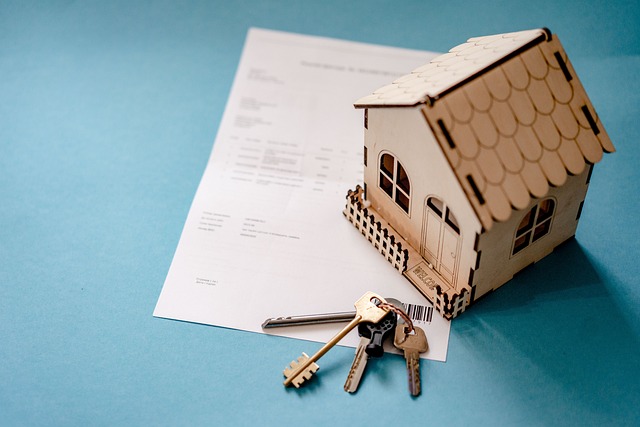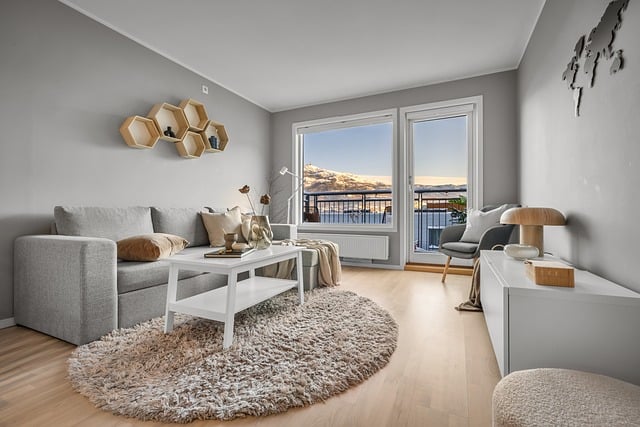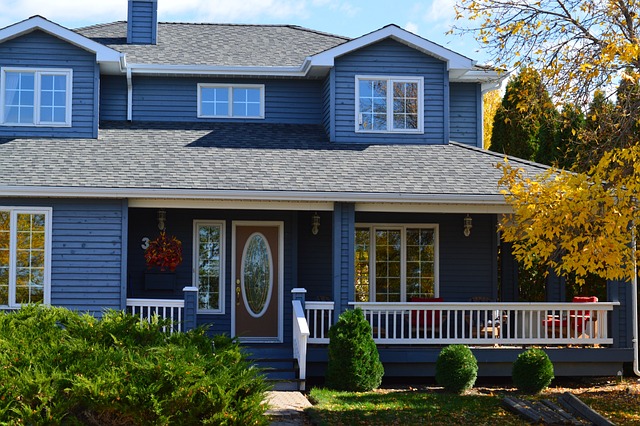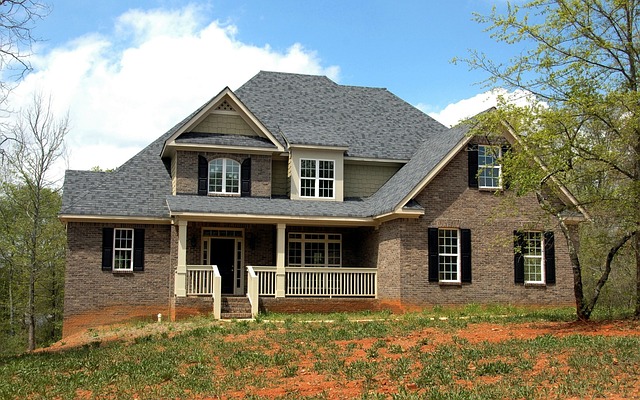2023 EC regulations in Singapore maintain Executive Condominiums (ECs) as a versatile and accessible housing option for first-time homeowners and those transitioning from public to private housing. To qualify for an EC under the Public-Private Housing Grant (Prhg) scheme, applicants must be Singapore citizens, meet the Monthly Household Income Ceiling, have not owned any residential property in the last 30 months, and intend to occupy the unit upon completion. The Housing & Development Board (HDB) oversees these eligibility criteria, which also include a minimum occupation period for ECs, aligning with broader housing policies. Income ceilings for EC applications are SGD14,000 per month, and applicants must not own more than one residential property post-MOP. The 2023 EC scheme in Singapore is designed to facilitate a stable transition from public to private housing, with a five-year Minimum Occupation Period (MOP) after which residents can sell on the resale market or upgrade without penalty. Understanding the 2023 EC guidelines and financial requirements, including Total Debt Servicing Ratio (TDSR) and Mortgage Servicing Ratio (MSR), is crucial for a successful application within the dynamic property market of Singapore. Prospective buyers should leverage online tools from the CPF Board to assess their eligibility and plan their finances in line with the 2023 EC framework, ensuring they capitalize on this unique market segment.
2023 marks a pivotal year for Executive Condominiums (ECs) in Singapore, with a host of eligibility criteria and evolving policies shaping the landscape for both current and prospective residents. This article delves into the nuances of EC living, offering clarity on the key criteria for applying for an EC in 2023, the implications of the five-year Minimum Occupation Period (MOP), and the financial considerations for applicants. As Singapore continues to navigate its housing needs through the Population White Paper, understanding the eligibility criteria for ECs becomes increasingly crucial for first-time homeowners. From the resale levy to loan limits and mortgage policies, this guide provides a comprehensive overview of the application process and the various options available to EC owners. With insights into 2023’s trends in EC launches and sales performance, along with expert predictions on the future of these dynamic living spaces, this article is an indispensable resource for anyone interested in ECs in Singapore.
- Understanding Executive Condominiums (ECs) in Singapore for 2023
- Key Eligibility Criteria for Applying for an EC in 2023
- The Five-Year MOP and Its Implications for EC Residents in 2023
- Citizenship and Marital Status: Who Can Apply for an EC in Ec 2023, Singapore?
- Income Ceilings and Affordable Housing: Financials for EC Applicants in 2023
Understanding Executive Condominiums (ECs) in Singapore for 2023

Executive Condominiums (ECs) in Singapore serve as a popular housing option for both first-time homeowners and upgraders looking to transition from public to private housing. In 2023, ECs continue to offer a unique blend of the benefits associated with private condominiums, including full condo facilities, while remaining accessible to a broader range of income levels compared to traditional private properties. Prospective buyers should be aware that eligibility for an EC is tied to the Public-Private Housing Grant (Prhg) scheme, which provides financial assistance to eligible applicants. To apply for an EC in 2023, one must meet the criteria set by the Housing & Development Board (HDB), including being a Singapore citizen and satisfying the Monthly Household Income Ceiling. Ec 2023 Singapore guidelines dictate that applicants cannot own any residential property or have applied for flat ownership with HDB or received keys for a resale flat 30 months before the application. Additionally, ECs are subject to a minimum occupation period and resale conditions similar to those of public flats, ensuring they remain within reach for a diverse group of applicants throughout their property journey. Understanding these criteria is crucial for potential buyers aiming to navigate the EC market in 2023, as it aligns with broader housing policies and aims to cater to the evolving needs of Singapore’s population.
Key Eligibility Criteria for Applying for an EC in 2023

In 2023, prospective homeowners in Singapore eyeing an Executive Condominium (EC) must adhere to specific eligibility criteria to apply for this hybrid of a public and private housing option. Applicants must be at least 21 years old and Singaporean citizens. They should also not own any residential property at the time of application, which includes both existing flatowners and those who have disposed of their properties within the preceding 30 months. The Singaporean spouse or all Singaporean occupiers in the unit must not own more than one residential property each. For those looking to upgrade from an HDB flat, they must have fulfilled the minimum occupation period of 5 years unless they fall under specific exemptions. ECs in 2023 offer a stepping stone to greater autonomy and the potential to upgrade to private condominiums after fulfilling the necessary criteria, typically a 5-year period where the flat cannot be resold within this duration without penalties. Prospective applicants should thoroughly understand these stipulations as they are a critical part of the EC application process in Singapore.
The application process for an EC in 2023 also takes into account the income ceiling criteria, which is subject to change. As of the knowledge cutoff date, applicants’ monthly household income should not exceed SGD14,000. This ensures that the EC scheme remains accessible to first-time homeowners who meet the eligibility requirements. Additionally, applicants must intend to occupy the flat upon completion or obtaining the Temporary Occupation Permit (TOP), whichever is earlier. These criteria are designed to ensure a fair distribution of EC units among eligible applicants, reflecting the Housing & Development Board’s commitment to providing quality and affordable housing options in Singapore.
The Five-Year MOP and Its Implications for EC Residents in 2023

2023 sees the Ministry of National Development (MND) in Singapore maintaining a clear stance on Executive Condominium (EC) living. For those looking to purchase an EC in this year, understanding the Minimum Occupation Period (MOP) is crucial for long-term planning. The MOP, set at five years, dictates that after purchasing an EC, residents must occupy the unit for a minimum of five consecutive years before they can sell the EC on the open market or upgrade to a private property without penalties. This policy is designed to balance the needs of first-time homeowners with the goal of providing stable public housing.
Upon completing the MOP, EC residents in 2023 have the flexibility to make housing decisions that align with their evolving needs and financial situations. For instance, EC residents who have fulfilled the five-year tenure can opt to sell their units on the resale market or move into a private property without incurring the additional buyer’s stamp duty (ABSD) that otherwise applies to second housing purchases. This transition is significant for many Singaporean families as it represents a crucial step towards owning a larger or differently located home. The MOP thus plays a pivotal role in the journey of EC residents, offering a structured pathway from public to private housing and reflecting the dynamic nature of the property market in Singapore.
Citizenship and Marital Status: Who Can Apply for an EC in Ec 2023, Singapore?

In the context of Singapore’s housing landscape for 2023, the Executive Condominium (EC) scheme remains a popular and viable option for aspiring homeowners. Prospective applicants looking to purchase an EC in Ec 2023, Singapore, must navigate the eligibility criteria set forth by the Housing & Development Board (HDB) and the National Housing Board (NHB). As of the current guidelines, Singaporean citizens aged 21 years and above can apply for an EC on their own. This is a significant advantage for individuals seeking to enter the property market but who may not meet the income restrictions for public housing. Furthermore, couples who are either both Singaporeans or comprise one Singaporean and two Singaporean children are eligible to apply. Married couples or those intending to get married must also satisfy the marriage restriction by ensuring at least one of the applicants is a Singaporean citizen. In cases where the couple includes both Singaporeans and Permanent Residents, only the Singaporean component of the household will be considered in the application process for an EC unit in Ec 2023, Singapore. This stringent criterion underlines the importance of understanding one’s citizenship status and marital standing before embarking on the journey to apply for an EC, ensuring compliance with the evolving regulations that govern this unique segment of the housing market.
Income Ceilings and Affordable Housing: Financials for EC Applicants in 2023

In 2023, potential Executive Condominium (EC) applicants in Singapore must consider the stringent income ceilings set by the Housing & Development Board (HDB). These guidelines are pivotal for eligibility, as they ensure that ECs remain accessible to middle-income families. For a flat of up to 114 square meters, a household’s monthly income per person cannot exceed SGD7,000, and for larger flats above 115 square meters, the ceiling is SGD9,000. These figures are part of the broader effort to align housing options with the financial status of applicants, providing a balance between public and private housing options. The income ceilings for ECs in 2023 reflect Singapore’s commitment to affordable housing; they serve as a gatekeeper to prevent overextension of financial resources for homeowners.
Navigating the EC application process in 2023 involves a comprehensive assessment of one’s financial standing, including but not limited to income ceilings. Prospective buyers must also consider other factors such as Total Debt Servicing Ratio (TDSR) and Mortgage Servicing Ratio (MSR), which are designed to ensure a sustainable level of commitment. The EC 2023 Singapore framework, therefore, mandates a thorough understanding of these financial criteria to avoid rejection and to ensure a secure home-buying journey within the dynamic property market of 2023. Prospective applicants are advised to utilize the online eligibility calculators provided by the CPF Board in conjunction with their own financial planning, to confidently apply for an EC unit that aligns with their financial capabilities and aspirations.
In conclusion, navigating the landscape of Executive Condominiums (ECs) in Singapore for the EC 2023 cohort requires a clear understanding of the eligibility criteria that dictate applicant qualifications. Prospective EC residents must align with the five-year Minimum Occupation Period (MOP), meet income ceilings, and satisfy citizenship and marital status requirements. These factors are pivotal in determining one’s suitability for an EC in 2023, ensuring that applicants can fully capitalize on the opportunities these homes present within Singapore’s vibrant real estate market. With careful consideration of the outlined criteria, aspiring homeowners can make informed decisions about pursuing an Executive Condominium, ultimately securing a place in the dynamic living environments ECs offer. For those interested in the EC 2023 programme, it is advisable to engage with HDB’s official resources and consult professionals for personalized guidance.
